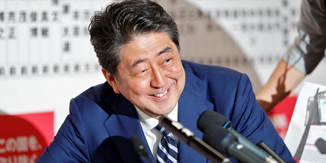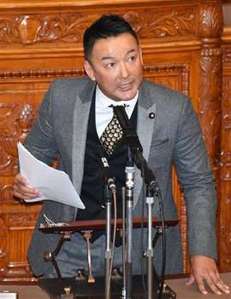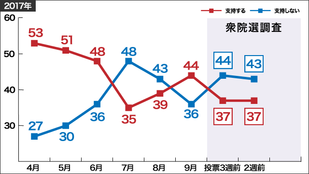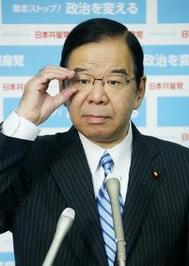 Source:www.huffingtonpost.jp
Source:www.huffingtonpost.jp While PM Abe himself has lost popularity in recent months, it appears that the disarray in the opposition parties, the lack of a truly viable centre or centre-left alternative to the LDP/Komeito coalition, and sheer voter apathy have returned the incumbent government to power for a fourth term. Abe is set to become the longest ever serving Japanese prime minister, surpassing both his grandfather and great uncle, and may also be the first Japanese prime minister in the post-war era to successfully re-write the constitution. Both of these will certainly cement Abe’s legacy in history, but whether they are in the best interests of the nation remains to be seen. From the numerous polls conducted during the election campaign, it is clear that voters were looking for something to rejuvenate Japan’s political environment, but the lack of choice in realistic, or at least promising alternatives meant that voters faced the choice of either merely returning the current government or not bothering to vote at all.
So the question that is now being banded around social and traditional media is whether Abe has the ability to go ahead with constitutional reform. All of the legal measures are in place to allow it occur, but the next step may be the toughest of all – convincing a skeptical Japanese public that revisionism is in fact necessary, and that by re-writing the constitution Japan will be better protected against external threats from neighboring states. The Japanese public is split on the issue, and only an overwhelming majority in favour can lead the way to approval to re-word the constitution. Then again, if North Korea continues to keep shooting missiles in the direction of Japan then the public just might see the logic of changing the constitution, although it would do little to assuage the belief that the North Korean issue is a useful expedient for changing the constitution along the lines of the central-right ideology of the LDP.
In the meantime the issue of disproportionate representation has once again emerged in the wake of the 2017 election in the same manner that it did following the 2009, 2012, and 2014 elections. The Supreme Court ruled in each occasion that the election had occurred in an ‘unconstitutional’ manner because of the disparity in weighting for votes. A group of constitutional lawyers have again submitted writs to courts across the country in an attempt to have the election declared void, however this activity usually results in the Supreme Court ruling that while the result is unconstitutional in nature, it is still valid. The reasoning behind this says that declaring the result invalid and void would result in administrative chaos and have a negative effect on markets, thereby harming the state. So the result will stand, and the issue will continue to plague every federal election until it is resolved, one way or another.
From the point of view of bilateral relations, the re-election of PM Abe doesn’t change the dynamic between Australia and Japan. It will continue as per usual, although it might see more activity such as joint exercises between the armed forces of both countries, and possible co-ordination on ensuring the TPP is approved by the remaining 11 (possibly 10, depending on how New Zealand goes under the Ardern government) participating nations. The real question for bilateral relations is the longevity of the Turnbull government, but that is a question better addressed by other blogs.



 RSS Feed
RSS Feed